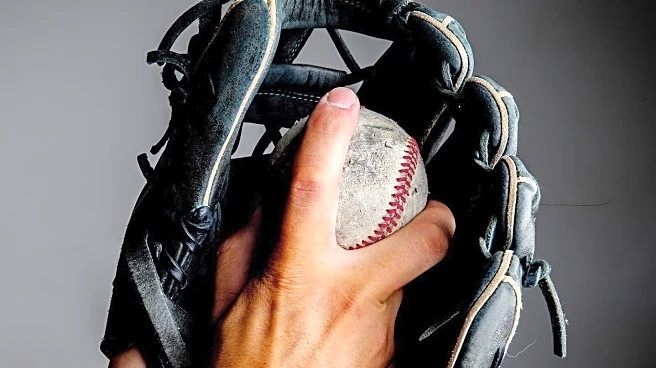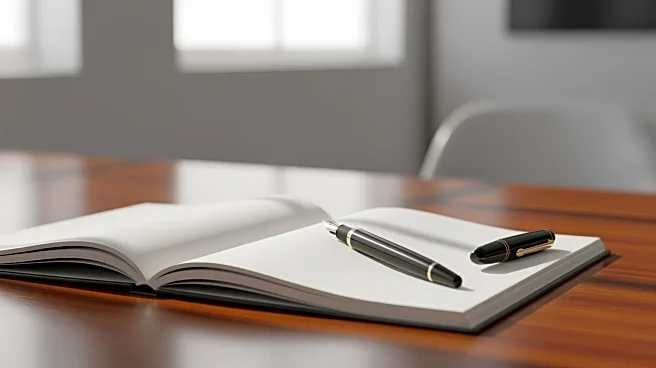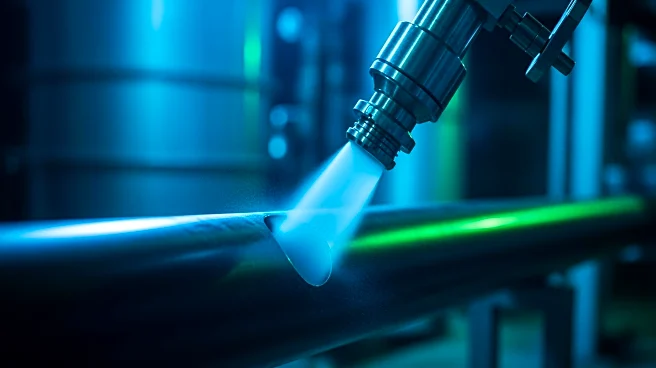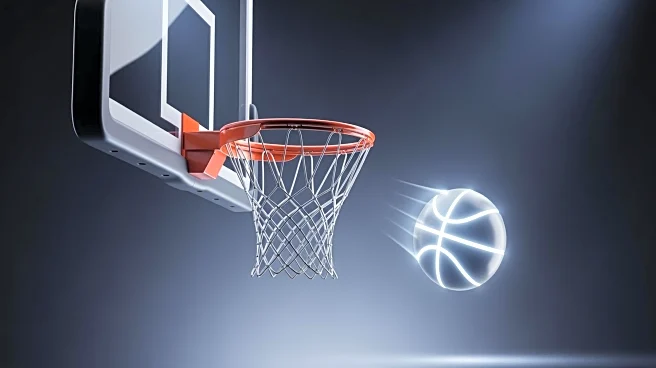What is the story about?
What's Happening?
Researchers from the Universities of Bath and Bristol have developed a three-minute test called Fastball, which could help diagnose early signs of dementia. The test involves participants wearing an EEG headset while viewing a stream of images, assessing the brain's ability to differentiate between images based on prior exposure. The study, published in Brain Communications, found that individuals with amnestic mild cognitive impairment (MCI) showed reduced responses compared to healthy adults. This impairment often precedes Alzheimer's, suggesting the test could enable earlier intervention with emerging treatments.
Why It's Important?
Early detection of dementia is crucial for timely intervention and treatment. The Fastball test could revolutionize how memory decline is diagnosed, offering a quick and objective method that can be administered outside clinical settings. This could lead to wider screening and monitoring, potentially improving patient outcomes by allowing earlier use of disease-modifying drugs. The test's ability to identify memory problems before they become symptomatic could significantly impact the management of Alzheimer's and related conditions.
What's Next?
Further testing is required to validate the Fastball test for routine use in healthcare settings. Researchers aim to conduct prospective studies to assess its predictive capabilities for individual clinical trajectories. If successful, the test could be scaled for use in GP surgeries, memory clinics, or even at home, providing a valuable tool for early dementia diagnosis.
Beyond the Headlines
The development of the Fastball test is part of a broader effort to improve dementia diagnosis through innovative approaches. Other experimental methods include AI-powered eye exams, virtual reality assessments, and tests based on smell and handwriting. These advancements reflect a growing emphasis on using technology to enhance diagnostic accuracy and patient care.















